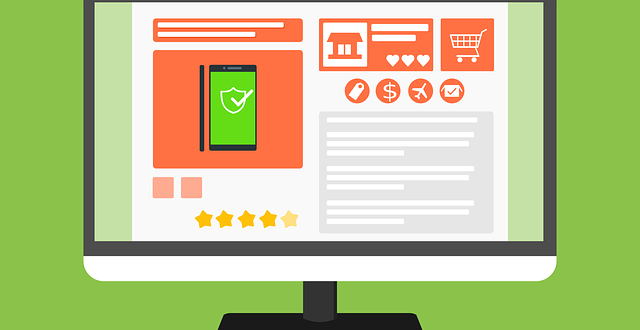eCommerce has taken over the retail and wholesale industry in just a few quick years.
As brick-and-mortar becomes less relevant within the industry, brands have no choice but to move their store to the virtual shopping world.
For the past year, I have experienced this incredible transition and how fast it’s growing. Working for a major SAAS company in the eCommerce industry, I’m constantly dumbfounded by the number of sales and revenue that stores are acquiring online.
As a business owner, you will be left behind if you don’t transition to eCommerce. While you’re limiting yourself to brick-and-mortar, your newly internet-savvy customers are comfortably sitting at home ordering from your competition.
With that said, let’s explore the main benefits of developing an eCommerce store for your business.
Expanding past the local market
The most obvious advantage for eCommerce is the ability to sell past localities, rendering the business’ location irrelevant.
While a local store on a high street or shopping mall is limited to attracting potential customers passing by, an online store has a vastly larger pool of customers to draw from.
What does that mean for a business? Simply put, your sales potential is expanding past the neighborhood or city to reach far more consumers.

The costs are considerably lower
If you’re switching from brick-and-mortar to online, you no longer need to worry about a physical store to maintain, so you can remove many of the rental and staffing costs.
Also, because you are not dependent on having a presence in a locality, if you do need to rent a space to work and store your goods, you can do so on cheaper land away from the shopping mall or city center.
Starting an eCommerce site is ridiculously affordable and easy. With plug-and-play platforms like Shopify and WooCommerce, starting your store takes a few clicks. Templates are easily available and there are thousands of plugins for all types of features.
The expenses will come as you improve the site, increase ad spend, and invest more into the business.
People prefer shopping online
Although some people are hooked on the physical experience of window shopping through a mall, most people prefer to save on time, travel and frustration and do their shopping from home.
As we all become more internet-savvy, online shopping is becoming our go-to method for shopping. We’re all busy people and value our time too highly to schlepp to buy a product.
Additionally, unlike a physical store with work hours, an eCommerce business can stay open 24/7 all year round. That means there are no lost sales because the store is never closed, and satisfied consumers don’t have to jump through hurdles to make the buy.
More information for the shopper
Have you ever entered a store and found a worker who doesn’t have the slightest idea about the products they are selling? With an online store, you can provide all the information your customers want to see.
You can also provide easy access for them to ask more questions, such as installing a Q&A feature for products, and responding to emails and social media messages.

The power of the search engine & social media
When moving your business online, you will quickly learn that search engines can boost your sales. Use SEO (Search Engine Optimization) techniques to boost your rankings with search engines such as Google.
You can also tap into social media traffic and invest in ad and promotional packages to reach more potential customers.
Another trick is using cookies on your site. With cookies, you can carefully retain your customers’ shopping preferences and use this information to upsell or suggest additional products. Usually, this can be set-up with a plugin.
Lastly, don’t fear!
Whether you decide to move online or not, don’t let the computer jargon of eCommerce scare you off. It’s not nearly as complicated as it sounds and there is plenty of extra help and tutorials online.
Have you moved your store online? Tell us about your experience or share a tip!
 All The Frugal Ladies Personal finance with a feminine touch
All The Frugal Ladies Personal finance with a feminine touch








